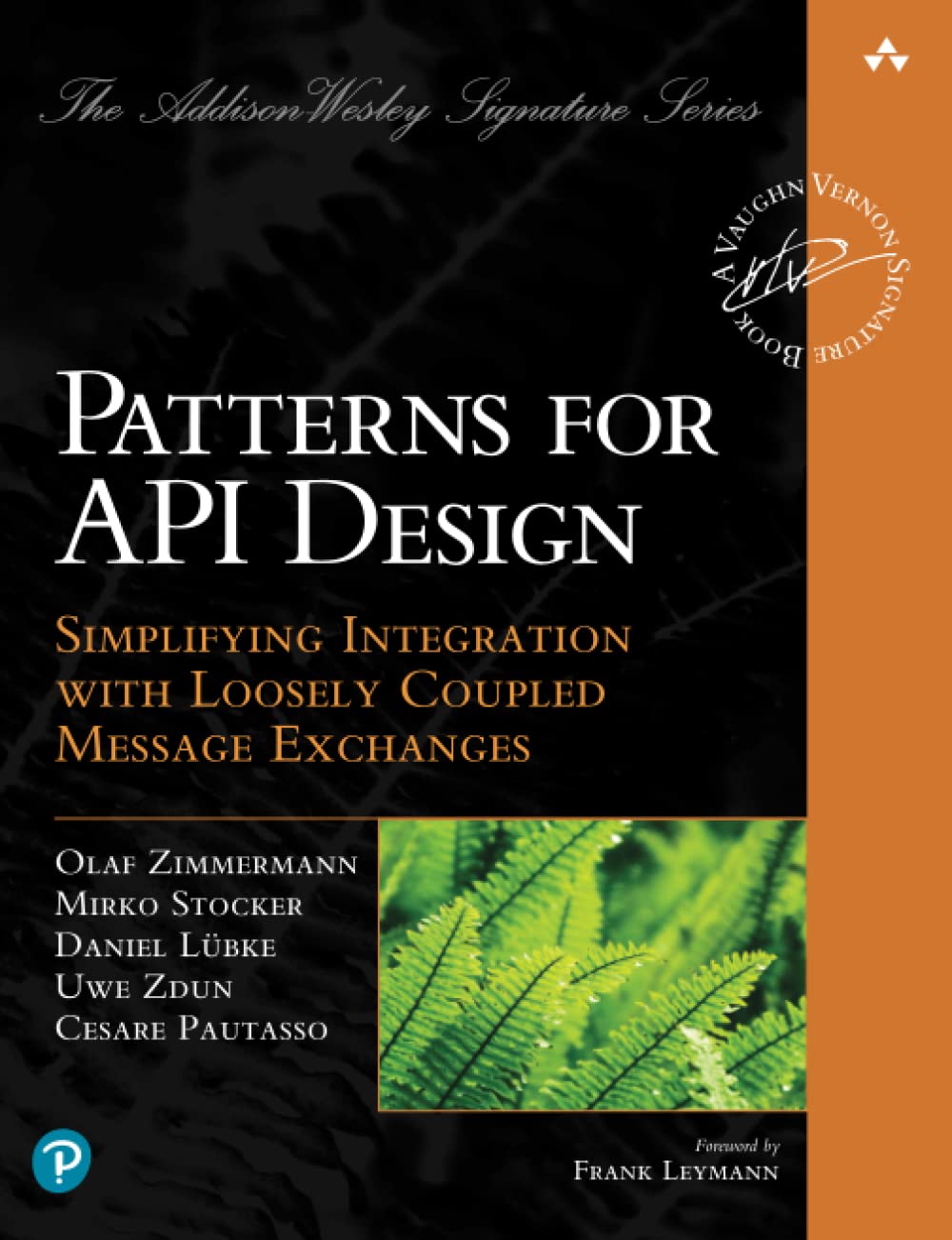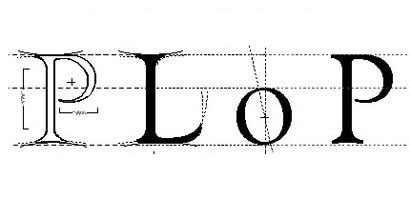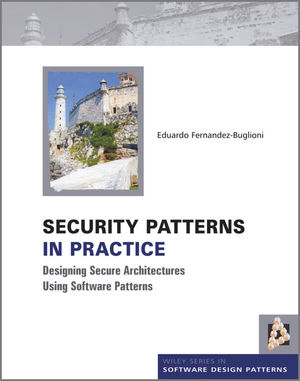-

PLoP
Pattern Languages of Programs, People, and Practices (PLoP®) is the premier conference for pattern authors and users to gather, discuss and learn more about patterns. To achieve this, the conference promotes the use of patterns and pattern languages, as well as the underlying theory of the nature of order. PLoP 2025 will be held October 12-15, 2025. Visit the PLoP Official Site,
- 1
The Hillside Mission

The mission of the Hillside Group is to improve the quality of life and society as a whole. This includes architects, developers, managers, owners, workers, educators, students, and more. Understanding and helping the human element is critical for achieving success. The Hillside Group believes in making processes and design more humane by paying attention to real people and existing practices.
The Hillside Group promotes the use of patterns and pattern languages to record, analyze, and share knowledge to help achieve its mission. The Hillside Group sponsors a variety of activities to achieve this mission—organizing workshops, hosting PLoP (pattern) conferences, and producing publications for discussing, recording, and documenting successful practices.
The Hillside Group supports many different conferences such as: PLoP, EuroPLoP, AsianPLoP, VikingPLoP, SugarLoafPLoP, and ChiliPLoP. These conferences focus on writing groups to better improve patterns through group exposure. Each conference offers advanced topics for the more adept pattern writers. Participants have the opportunity to refine and extend their patterns with help from knowledgeable and sympathetic patterns enthusiasts.
Pattern Books
The Design Patterns Book Series showcases many patterns from PLoP conferences and leading experts in the patterns field.

See our Pattern Book Library filled with over 80 Pattern related books.
Patterns Resources
- Pattern Definition
A pattern language defines a consists of patterns and the rules with sequences to combine them.
- Patterns Catalog
A collection of pattern resources on the web. Sign up for an account to add your own.
- Tools for Writing Patterns
Pattern writing tools include example code and pattern writing templates.
- PLoP Conference Proceedings
Past conference proceedings from the PLoP conferences.
PLoP Conferences
How to Run PLoP
Template and Copyright Notice
Templates to create your camera-ready copy for the proceedings are available in Word and LaTeX, otherwise ACM might not accept the paper for the digital library.
The recommended template is ACM's single column format customized for PLoP. An example with PLoP's copyright notice can be found in this PDF, and the template is provided here:
- Single column format Word template (new version)
- Single column format TeX template (new version)
Note: Use the following ACM Classification for Categories and Terms ACM Classification
Please use the following text as the copyright notice on the first page.
Permission to make digital or hard copies of all or part of this work for personal or classroom use is granted without fee provided that copies are not made or distributed for profit or commercial advantage and that copies bear this notice and the full citation on the first page. To copy otherwise, to republish, to post on servers or to redistribute to lists, requires prior specific permission. A preliminary version of this paper was presented in a writers' workshop at the 2Xth Conference on Pattern Languages of Programs (PLoP). PLoP'XX, OCTOBER XX-YY, Allerton, Illinois, USA. Copyright 20xx is held by the author(s). HILLSIDE 978-1-XXXXXX-XX-X
Alternatively, ACM's two-column template will also be accepted. In this case, it is of particular importance that you leave sufficient space in the lower left corner of the first column on the first page, to insert the copyright information.
Authors, how was your last shepherding experience?
Here is a scale of shepherding excellence to think about.
Shepherds, where do you think your "author" would rate you?
1. Oh, I had a shepherd?
2. My shepherd made contact, and promised to send comments.
3. My shepherd actually sent a set of comments.
4. My shepherd was positive and supportive.
5. My shepherd was prompt.
6. The comments from my shepherd had substance; not just grammar and wording.
7. My shepherd gave me two or more sets of comments.
8. I learned more about patterns from my shepherd.
9. I learned more about my own topic.
10. My shepherd helped me learn more about myself.
Shepherds, how well did your "author" do?
Authors, where do you think your shepherd would rate you?
1. Never heard from the author.
2. The author apologized for not responding.
3. Got one revision -- just before the shepherding deadline.
4. Ignored all my suggestions.
5. Was clueless.
6. Really did try to improve the patterns.
7. Sent two or three revisions.
8. I learned more about patterns from the shepherding experience.
The Pattern community is unique in the individual mentoring we give to each other through shepherding. Many of us have learned a great deal from our shepherds. Many of us enjoy serving as shepherds because it is so rewarding to help others improve their patterns.
Shepherding requires commitment and follow-through by both the shepherd and the author. When you as an author submit a work to a PLoP conference, you implicitly promise to do certain things. Likewise, when you agree to shepherd a paper, you make promises as well. Here is what we expect from both:
The Author:
-
Respond to the Shepherd. The shepherd will be giving you help, free of charge. When you get comments, turn around a new draft of your patterns quickly. You don't have to get it perfect; it is better to be timely than complete.
-
Give two or three Updates. We know you are busy, but just one updated paper right at the end of the shepherding session just doesn't cut it.
-
Attend the Conference. When you submit a paper, you imply that you will attend the conference if your paper is accepted. While we recognize that things do come up, it is your responsibility to arrange funding, visas, etc., in plenty of time for the conference. At this time, no PLoP is asking for a deposit at the beginning of shepherding, but it could happen if people continue to abuse it.
-
Thank the Shepherd. Ok, this is kind of a no-brainer, but it bears repeating. The shepherd is donating time and expertise. The least you can do is thank your shepherd.
The Shepherd:
-
Contact your Author Promptly. Do it right away; the same day you get the paper assigned. It really takes no time at all, and it gets shepherding started on the right foot.
-
Give two or three Iterations of Comments. So plan your time accordingly. You don't have to get everything right; it's better to be prompt than complete.
-
Focus on Substance. This is shepherding, not proofreading.
-
Keep the Program Committee in the Loop. Don't forget to copy your mails to your PC member.
-
Have High Standards. It's ok to demand excellence of the author. At the conclusion of shepherding, you will be asked your assessment of the paper. Don't recommend acceptance just because the author is a nice person, or they really tried. If a paper is accepted, it will be workshopped by as many as ten people. Don't cause them to waste their time on junk.
Shepherds and Author:
Rate your Shepherding Experience!
This document represents some guidelines for accepting papers for the PLoP conferences. Any feedback is welcome.
Multiple Paper Submissions
-
Quick pass read by members of PC to eliminate papers that are in the
wrong conference or don't pass muster. -
Guarantee that at least one author will attend conference -- before
shepherding -- but how can we back this up? -
One author - one paper -- is this too harsh?
-
Only the author can represent the paper at a workshop, if author can't
attend, paper is dropped from workshop
- Hillside Fellowship Award
- PLoP Conference Proceedings
- Patterns for API Design
- Pattern Languages of Programing
- Security Patterns in Practice
The Hillside Fellowship Award
The Hillside Fellowship Program was established in 2016 to recognize members of The Hillside Group who have made exceptional contributions to the Hillside community and to the Patterns community at large. The title of Hillside Fellow denotes an outstanding member who has consistently and repeatedly:
- provided excellence in contributions to the patterns body of knowledge
- advanced the arts,
PLoP Conference Proceedings
The PLoP Conference Proceedings has been moved to https://plopcon.org/plop-proceedings!
Read More
Patterns for API Design
" Patterns for API Design " by Olaf Zimmermann, Mirko Stocker, Daniel Lubke, Uwe Zdun, and Cesare Pautasso

This book is for any domain, technology, or platform
- Identify and overcome API Challenges
- Size your endpoint types and operations
- Design request and response messages and their representations
- Refine your message design for quality
- Combine patterns to solve real-world problems and make
PLoP™ (Oct 12-15, 2025)

Check out the main PLoP Website for more information and details!!!
Read More
Security Patterns in Practice
Eduardo Fernandez's new book " Security Patterns in Practice: Designing Secure Architectures with Software Patterns " has been published.

It is the result of 14 years of producing security patterns with students and colleagues. Almost all of these patterns went through PLoP, EuroPLoP, AsianPLoP, or SugarLoafPLoP. Many of you have participated as shepherds or workshop commentators, the book owes something to
… Read More





